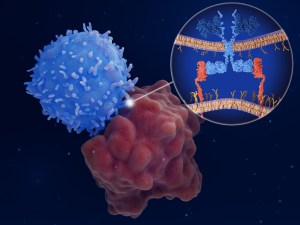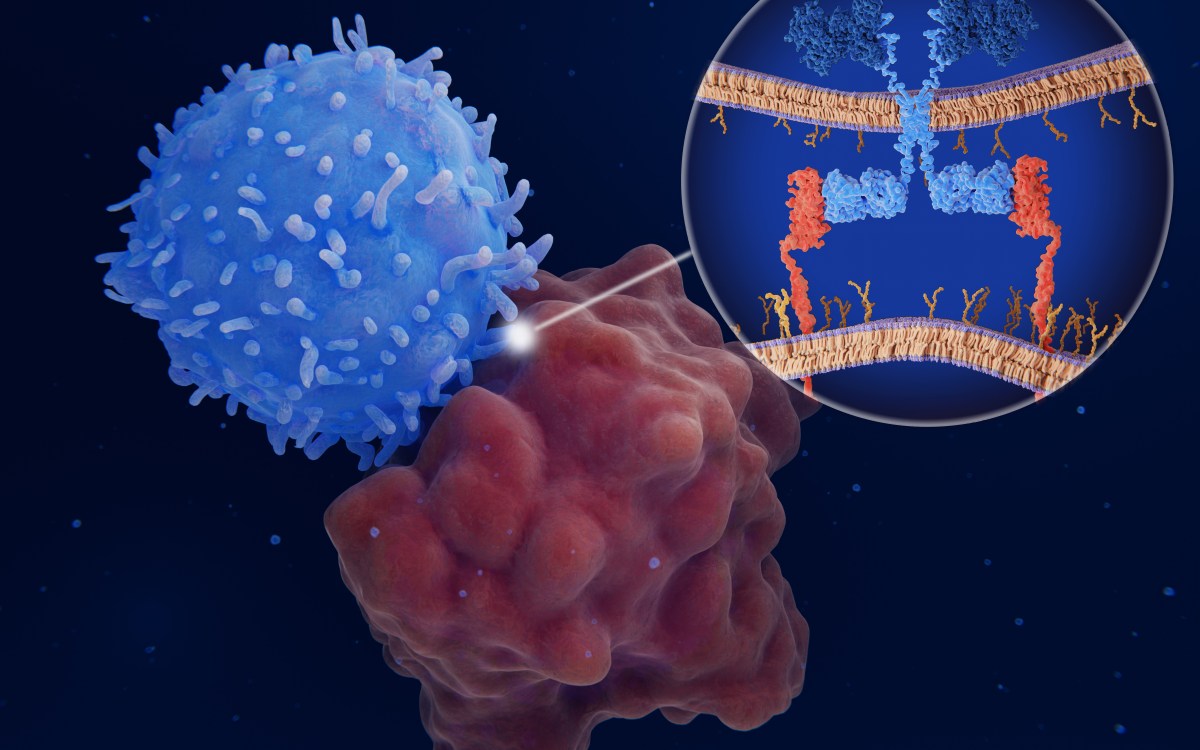Study finds first molecular genetic evidence of PTSD heritability
A large new study from the Psychiatric Genomics Consortium provides the first molecular genetic evidence that genetic influences play a role in the risk of getting Posttraumatic Stress Disorder (PTSD) after trauma.
The report extends previous findings that showed that there is some shared genetic overlap between PTSD and other mental disorders such as schizophrenia. It also finds that genetic risk for PTSD is strongest among women.
The study was published online April 25, 2017 in Molecular Psychiatry.
“We know from lots of data—from prisoners of war, people who have been in combat, and from rape victims—that many people exposed to even extreme traumatic events do not develop PTSD. Why is that? We believe that genetic variation is an important factor contributing to this risk or resilience,” said senior author Karestan Koenen, professor of psychiatric epidemiology at Harvard T.H. Chan School of Public Health who leads the Global Neuropsychiatric Genomics Initiative of the Stanley Center for Psychiatric Research at Broad Institute.
PTSD is a common and debilitating mental disorder that occurs after a traumatic event. Symptoms include re-experiencing the traumatic event, avoiding event-related stimuli, and chronic hyperarousal. In the U.S., one in nine women and one in twenty men will meet the criteria for a PTSD diagnosis at some point in their lives. The societal impact is large, including increased rates of suicide, hospitalization, and substance use.
The new study builds a strong case for the role of genetics in PTSD, which has previously been documented in studies of twins.





